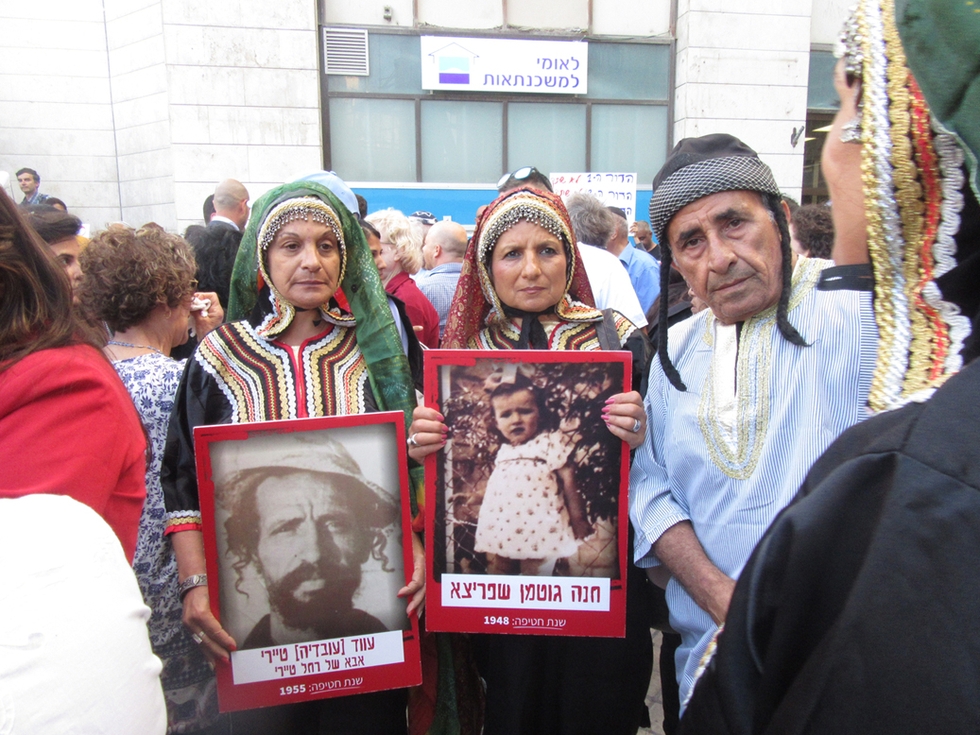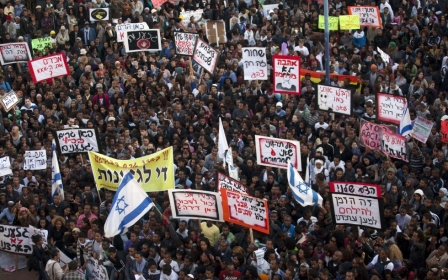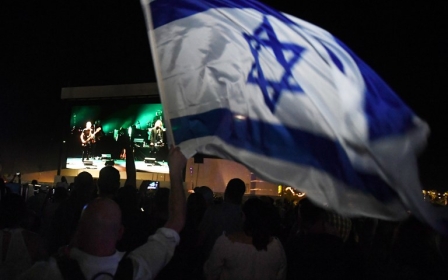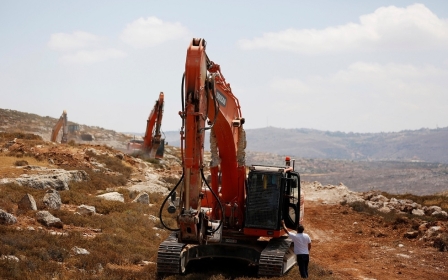Thousands protest against Israel's 1950s child kidnappings

JERUSALEM - About 2,000 people gathered in the streets of Jerusalem on Wednesday night to protest the systematic kidnapping of up to 5,000 babies born to Jewish families who immigrated from Arab or other Islamic countries to Israel in the 1950s.
According to several testimonies, medical officials told marginalised Jewish Mizrahi immigrants that their children had died without receiving a body for proof and burial. The children were in fact put up for adoption, in light of a growing demand for Jewish babies after the Holocaust.
The rally was organised by Amram, a group led by young Mizrahi activists that has been documenting the stories of the victims’ families for the past two years.
“We will gather to demand the state accepts responsibility and takes concrete steps to recognise and reunite families,” Amram said in a Facebook event post.
Protesters held signs that read: “Where are our brothers?” and “The ‘educated and enlightened’ did a Holocaust against Jews,” and chanted, “Where are the kids? A state of racists!”
The majority of protesters were religious, elderly, Mizrahi Jews, many arriving from peripheral cities in Israel.
“This is the first time I’ve been in a demonstration” a 70-year-old protester that wished to remain anonymous told MEE.
“It was important for me to come because my sister was kidnapped in the fifties. We can’t wait with this any longer, the adopted children also need to know the truth, they were told their parents didn’t want them, that they were abandoned.”
Critics of the kidnappings say the policy was led by elite Jewish Ashkenazi who enabled the depiction of Mizrahi Jewish children as “saved”, or better off, within a white family.
Protesters at the rally told Middle East Eye their personal stories, many describing their connection to the kidnappings.
“One day nurses came to our home and took my baby brother to the hospital. They claimed he was sick, even though he was completely healthy. My mother, who had already heard they’re kidnapping children, told my father to go and watch over him,” Ziona, one of the protesters, told MEE.
“They wouldn’t let my father in the hospital, so he stayed outside and looked through the window. He saw a long hall with many beds, and my brother was on one of them. When it started to rain heavily, he went home to get a coat. He came back five minutes later, but my brother was already gone, and we never saw him again.”
“We grew up on these stories. My mother looked for him until her last day of her life. Before she died, she told me not to give up, to keep looking. Nobody listened to us, we were ignored. I came here today under her will,” she said.
Protesters demanded Israel open its adoption files and archives currently closed to the public, officially acknowledge the crimes committed, work to reunite separated families, pay compensation to victims and clear the name of Rabbi Uzi Meshulam, who was jailed and delegitimised for his efforts to expose the kidnappings in the 90s.
“For 70 years the state of Israel has been calling our grandfathers and grandmothers hallucinating liars, silencing us,” Shlomi Hatuka, one of the event organisers and a poet said to the crowd while standing on a plastic chair.
“Where is the press? Where is academia? Not a single doctorate was ever written on this matter. We demand recognition today, not tomorrow – today. Ninety-year-old mothers came out here to protest, fathers who’ve been crying over their children all their lives.
“There’s a law against Holocaust denial, and there will be a law against the denial of the kidnapping of Yemenite, Eastern and Balkan children,” he added, while a man cheered him by blowing the Jewish Shofar.
Activists criticised the absence of mainstream Israeli news outlets at the event.
“Where was the Israeli press on this historic night, when thousands of people went to the street to demand justice in one of the most shocking affairs that happened here?” Carmen Elmakiyes, a Mizrahi activist, wrote on Facebook.
Hatuka, one of the organisers of the protest, told MEE that “the demonstration was a big surprise,” referring to the large turnout.
“We can declare it a success, but true success will come only when the government recognises the injustices done. From our side, we will continue to collect testimonies and won’t stop fighting.”
New MEE newsletter: Jerusalem Dispatch
Sign up to get the latest insights and analysis on Israel-Palestine, alongside Turkey Unpacked and other MEE newsletters
Middle East Eye delivers independent and unrivalled coverage and analysis of the Middle East, North Africa and beyond. To learn more about republishing this content and the associated fees, please fill out this form. More about MEE can be found here.




